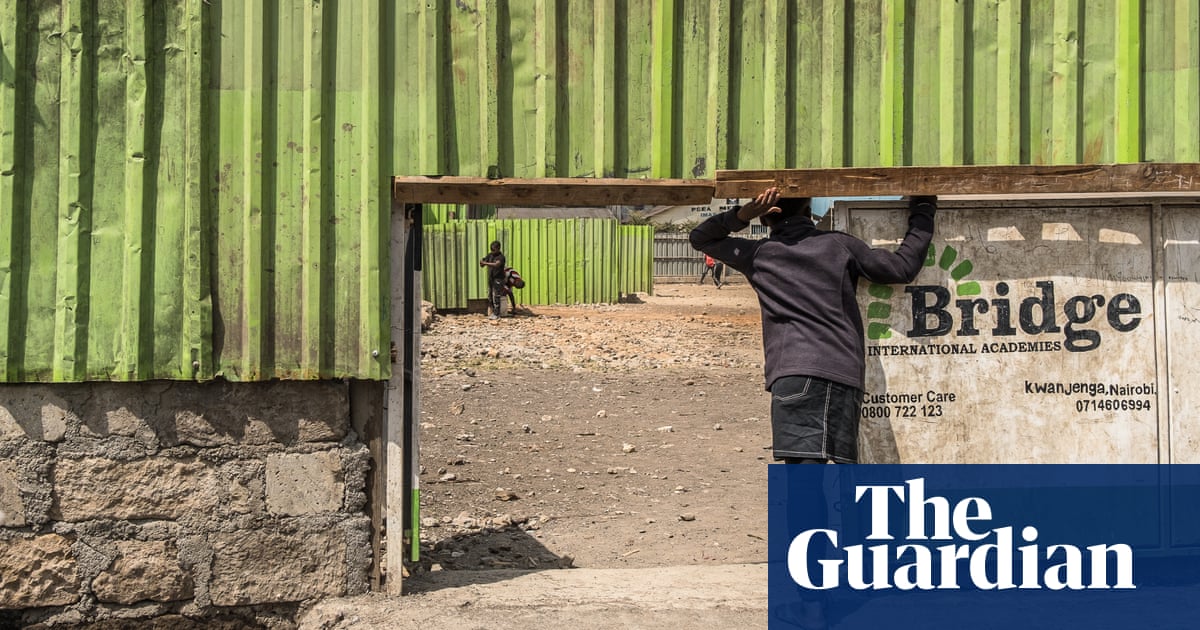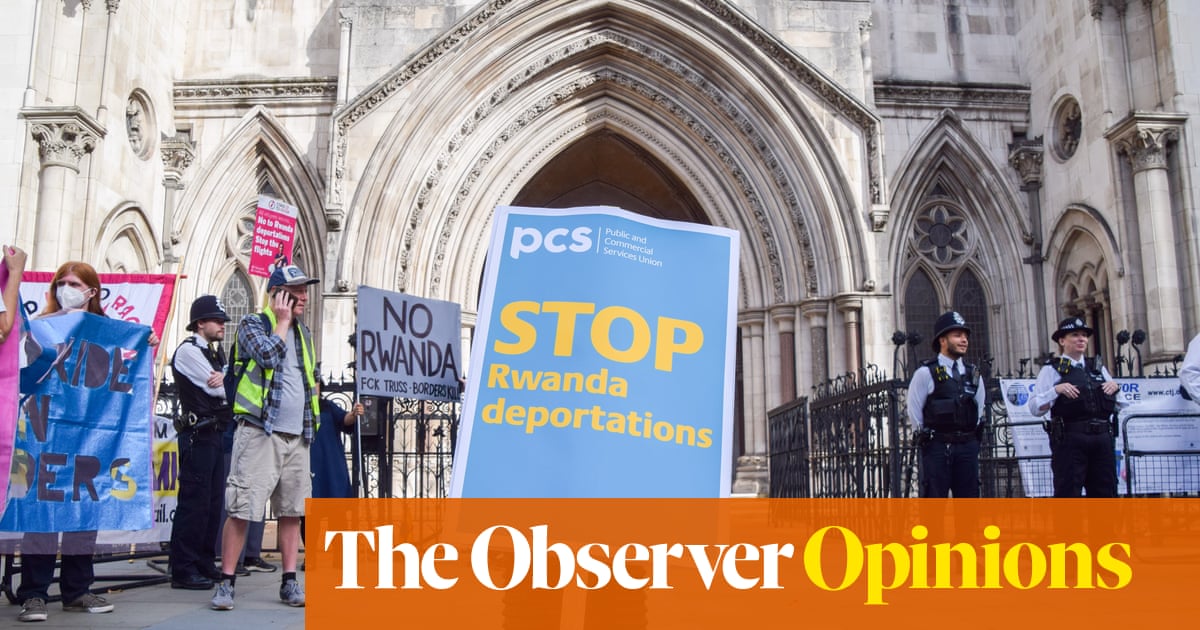
Since the war in Yemen started more than four years ago, the world has been focusing on the human suffering caused by the coalition air strikes, which have been carried out mainly by Saudi Arabia and the UAE. Although the tragic human suffering unintentionally caused by the airstrikes deserves to be given maximum attention, it is difficult to understand how such little attention has been given to the Houthis’ enormous crimes.
For more than four years, Houthi insurgents in Yemen, who are funded, trained, armed and controlled by Iran, have been committing atrocities and war crimes. In its 2018 report on Yemen, Human Rights Watch stated that “Houthi forces have repeatedly fired artillery indiscriminately into Yemeni cities and launched indiscriminate ballistic missiles into Saudi Arabia. Some of these attacks may amount to war crimes.” Similarly, Amnesty International announced this year that “Houthi forces, which controlled large parts of the country, indiscriminately shelled residential neighborhoods and launched missiles indiscriminately into Saudi Arabia.”
In July 2017, the Houthis targeted the holy city of Makkah with a ballistic missile that was, fortunately, intercepted by Saudi air defenses 69 kilometers before it reached its target. The attack took place at a time when Makkah was crowded with pilgrims, including visitors from all over the world. In May this year, the Houthis again attempted to hit Makkah, this time launching two ballistic missiles, which were again intercepted before hitting their target.
This indiscriminate targeting of civilian targets in Saudi Arabia has not stopped for more than four years. The two heavily populated cities of Jizan and Najran have been attacked on an almost weekly basis by both drones and ballistic missiles. Many civilians have been either killed or injured as a result.
On July 18 this year, the Houthis launched a drone attack on a major oil refinery near the Saudi capital Riyadh, which resulted in a fire in parts of the refinery. Last month, the group launched a drone attack on the Shaybah oilfield and its refinery. And, most recently, the Houthis claimed responsibility for a drone and missile attack on the Saudi Aramco facilities of Abqaiq and Khurais, causing destructive fires at both. All these attacks were not only certain war crimes, but also threatened oil supplies and consequently the world economy.
In Yemen itself, the Houthis’ atrocities, war crimes and crimes against humanity are beyond description. They span from torture, kidnap, rape and recruiting children as soldiers to the widespread indiscriminate bombing of heavily populated cities. In its 2019 report, Human Rights Watch stated: “Houthi attacks have struck populated neighborhoods in Yemen, having a particularly devastating impact on Taiz, Yemen’s third largest city... Houthi forces have used landmines in governorates across Yemen, killing and wounding civilians and preventing their return home.”
The indiscriminate targeting of civilian targets in Saudi Arabia has not stopped for more than four years.
Dr. Ahmed Othman Altuwaijri
It is well known that the Geneva Convention of 1864, the four 1949 Geneva Conventions and the two 1977 Additional Protocols all prohibit the deliberate targeting of civilians and civilian facilities, and call for the protection of persons not or no longer taking part in hostilities.
The Rome Statute of the International Criminal Court states in article 8 that war crimes include: “Intentionally directing attacks against the civilian population as such or against individual civilians not taking direct part in hostilities; intentionally directing attacks against buildings, material, medical units and transport, and personnel using the distinctive emblems of the Geneva Conventions in conformity with international law; intentionally directing attacks against personnel, installations, material, units or vehicles involved in a humanitarian assistance or peacekeeping mission in accordance with the Charter of the United Nations, as long as they are entitled to the protection given to civilians or civilian objects under the international law of armed conflict; and intentionally directing attacks against buildings dedicated to religion, education, art, science or charitable purposes, historic monuments, hospitals and places where the sick and wounded are collected, provided they are not military objectives.”
Many of the rules contained in these protocols and treaties are considered part of customary law and, as such, are binding on all states (and other parties to conflict), whether or not the states have ratified the treaties themselves.
The Houthis do not hide their intentions with regard to their attacks. They issue press releases and hold press conferences to announce their responsibility for every attack on civilian targets. The world’s silence regarding the Houthis’ continuing atrocities, war crimes and crimes against humanity is totally incomprehensible.
On August 3 — that is seven weeks ago — many local and international news channels reported that 147 Yemeni civil society organizations had issued a joint statement denouncing regional and international silence on the crimes of the Houthi rebels. For the sake of the dignity of international law, it is time for this unacceptable disgrace to end.












